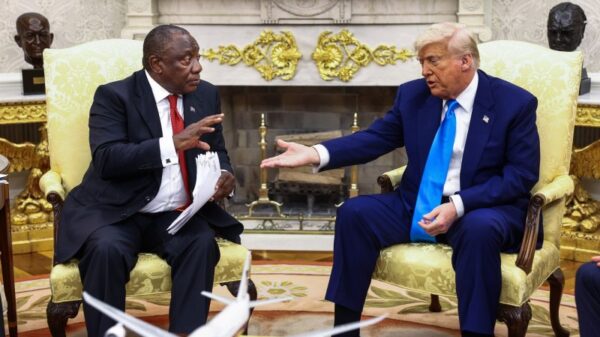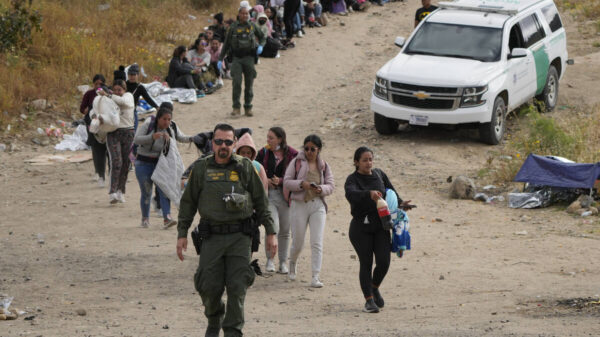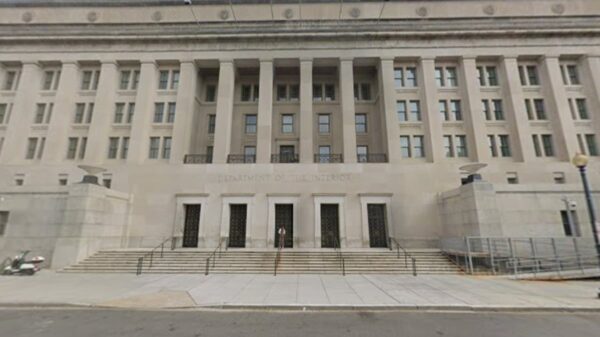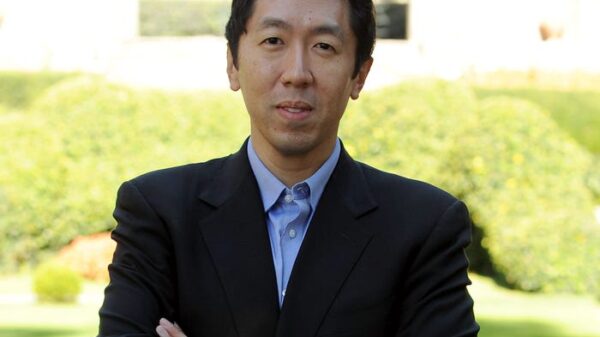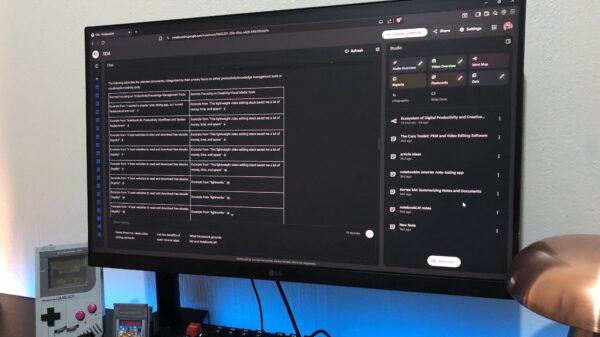BREAKING: The Trump administration has just announced an indefinite pause on processing immigration applications from Afghan nationals, following a shocking shooting incident involving a man from Afghanistan. This urgent decision comes after authorities identified Rahmanullah Lakanwal as the suspect who wounded two National Guard members in Washington, D.C.
The U.S. Citizenship and Immigration Services (USCIS) stated that all immigration requests related to Afghan nationals are halted immediately as they conduct a thorough review of security and vetting protocols. This announcement follows the Department of Homeland Security’s confirmation that Lakanwal, who was shot during the confrontation and is currently in custody, entered the U.S. in 2021 under the Biden administration’s Operation Allies Welcome initiative.
In response to this alarming event, former President Donald Trump urged the government to reevaluate the immigration status of all Afghan nationals who entered the U.S. during the Biden administration. Trump stated, “We must now reexamine every single alien who has entered our country from Afghanistan under Biden, and we must take all necessary measures to ensure the removal of any alien from any country who does not belong here or add benefit to our country.”
This dramatic shift in immigration policy affects the lives of over 85,000 Afghans who have settled in the U.S. since the chaotic evacuation of Afghanistan in 2021. Many of these individuals were military interpreters or had ties to U.S. forces, often fleeing threats from the Taliban. They were initially housed at military bases while undergoing processing for various immigration statuses, including Special Immigration Visas and humanitarian protections.
The implications of this decision are profound, creating uncertainty for thousands of Afghan families who have already faced immense challenges in their quest for safety. Critics, including the nonprofit group AfghanEvac, condemned the shooting but urged the public not to scapegoat the Afghan community. AfghanEvac President Shawn VanDiver emphasized that Afghan immigrants undergo some of the most extensive security vetting of any population entering the U.S., stating, “Those who would twist this moment to attack Afghan families aren’t seeking safety or justice — they’re exploiting division and endangering all of us.”
Political leaders from both parties have voiced their support for assisting Afghans who aided U.S. forces, yet skepticism remains regarding the thoroughness of vetting processes. The recent escalation of violence and policy shifts could redefine the landscape of Afghan immigration in the coming weeks.
As this situation continues to develop, many are left wondering what steps will be taken next. Will the Trump administration implement stricter measures, and how will it impact those already seeking refuge? The urgency of the moment is palpable, with the futures of countless Afghan nationals hanging in the balance.
Stay tuned for more updates as this story unfolds.











